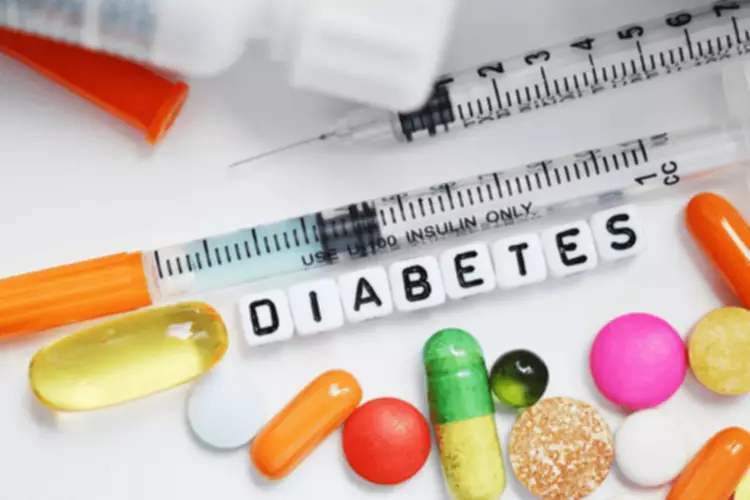
Alcohol Intoxication: Acute, Symptoms, Treatments, Signs, and More
In addition, a blood sugar level should be obtained on anyone who appears intoxicated. Local protocols and the skill level of the provider dictate additional prehospital care for patients with altered mental status. Drug poisoning (or drug overdose) is the most common type of poisoning in adults. Two large studies have tried to compare the effects of ethanol and fomepizole 94, 95.
- And middle-aged people are more likely than younger ones to take prescription drugs, which can increase the severity of alcohol poisoning.
- Approximately 50,000 people in the United States visit the emergency department each year due to accidental CO poisoning.
- In India’s Bihar state, where the manufacturing, sale and consumption of liquor is prohibited, 30 people died after consuming tainted alcohol sold without authorization in 2022.
Emergency Department Care
Approximately 50,000 people in the United States visit the emergency department each year due to accidental CO poisoning. The most common symptoms of CO poisoning are headache, dizziness, weakness, nausea, vomiting, chest pain, and confusion. Serious complications such as brain, lung, and heart damage, and even death can occur. It is best if their behavior has been observed while the subject is sober to establish a baseline. Several well-known criteria can be used to establish a probable diagnosis. For a physician in the acute-treatment setting, acute alcohol intoxication can mimic other acute neurological disorders or is frequently combined with other recreational drugs that complicate diagnosis and treatment.
Products & Services
The Centers for Disease Control and Prevention estimates excessive alcohol use causes approximately 88,000 deaths annually in the United States. This stage can be very dangerous and even fatal if a person chokes on their vomit or becomes critically injured. Note that a BAC of 0.08 percent is the legal limit of intoxication in the United States. In the Gaudiya Vaishnavism branch of Hinduism, one of the four regulative principles forbids the taking of intoxicants, including alcohol. In some countries, there are special facilities, sometimes known as “drunk tanks”, for the temporary detention of persons found to be drunk.
As Blood Alcohol Concentration Increases—So Do the Risks
Alcohol use and taking opioids or sedative hypnotics, such as sleep and anti-anxiety medications, can increase your risk of an overdose. Examples of these medications include sleep aids, such as zolpidem and eszopiclone, and benzodiazepines, such as diazepam and alprazolam. Even drinking alcohol while taking over-the-counter antihistamines can be dangerous. Drinking too much and too quickly can lead to significant impairments in motor coordination, decision-making, impulse control, and other functions, increasing the risk of harm. Continuing to drink despite clear signs of significant impairments can result in an alcohol overdose. It occurs worldwide but is most common in temperate waters off the Atlantic and Pacific coasts of North America.
- More than 100 people in the town, which has a population of just over 3,100 people, suffered from alcohol poisoning between Monday and Wednesday from consuming methanol, health officials said in a statement.
- In the U.S., paramedics don’t charge for a visit unless the person needs to go to the hospital.
- Some of these medications can even have reversing effects and act as antidotes to alcohol overdose.
- Physicians at area hospitals report a rise in young people who took opioids arriving to emergency rooms and local addiction specialists say the number of teens seeking help for opioid use is spiking — especially among Latinos.
- Believe it or not, it’s possible to overdose on alcohol without drinking alcoholic beverages.
Recovery from alcohol poisoning
Treatment for severe cases may require mechanical ventilators to help with breathing. State health officials are asking people who have harvested or eaten Oregon shellfish since May 13 to fill out a survey that’s meant to help investigators identify the cause of the outbreak and the number of people sickened. It is a priority for CBC to create products that are accessible to all in Canada including people with visual, hearing, motor and cognitive challenges. “About 6.5 per cent of the population in our study that ended up in the emergency department actually had dementia, [which means] they’re more susceptible to falls and to sensory impairment,” Stall said.
International Patients

If you experience an overdose, your doctor will ask you about your drinking habits and health history. Your doctor may also perform additional tests, such as Alcohol Overdose: Symptoms And Antidote blood tests (to determine your blood alcohol and glucose levels) and urine tests. Your height and weight determine how quickly your body absorbs alcohol.

You don’t need to have all of the symptoms listed above to have an alcohol overdose. If someone’s breathing has slowed to less than eight breaths per minute — or if they can’t be woken up — call 911. If you have other health conditions, such as diabetes, you may be at greater risk for having an alcohol overdose. Many people consume alcohol because it has a relaxing effect, and drinking can be a healthy social experience.
Cornell Richard P. Riney Canine Health Center
Poison centers see nearly 1,500% increase in calls related to injected weight-loss drugs as people accidentally overdose – CNN
Poison centers see nearly 1,500% increase in calls related to injected weight-loss drugs as people accidentally overdose.
Posted: Wed, 13 Dec 2023 08:00:00 GMT [source]

